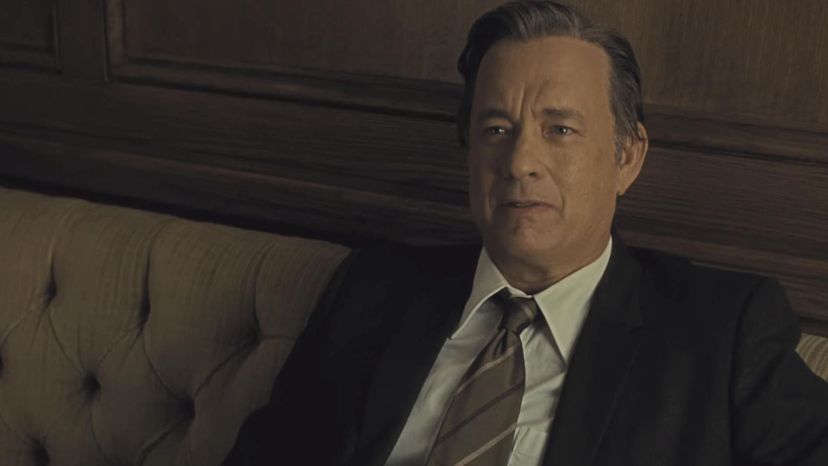
About This Quiz
There are a million different ways history has found its way to the silver screen- from period dramas that only use a particular time or place as a backdrop, all the way to meticulously crafted documentaries aimed at piecing together every aspect of a historical figure's life. No matter how it's done, though, one thing is clear: we love them! This shouldn't come as a surprise, really. Movies are stories, and there are no stories grander, more full of life, or more relevant than the stories taken out of the pages of human history. In these stories, we see ourselves at our very best and our most monstrous, we see the most honorable heroes and the most despicable villains, not as fanciful tales to amuse, but rather as concrete lessons to be learned.
In making a historical film, then, the director is putting one small part of the biggest story of them all on the screen: the human story. Here we see the fates of nations and the destinies of entire peoples put to the test, and this naturally creates a drama no fiction could possibly equal. How much do you know about these historical films? Close your history books, grab your popcorn, and let's see if you can recognize them!
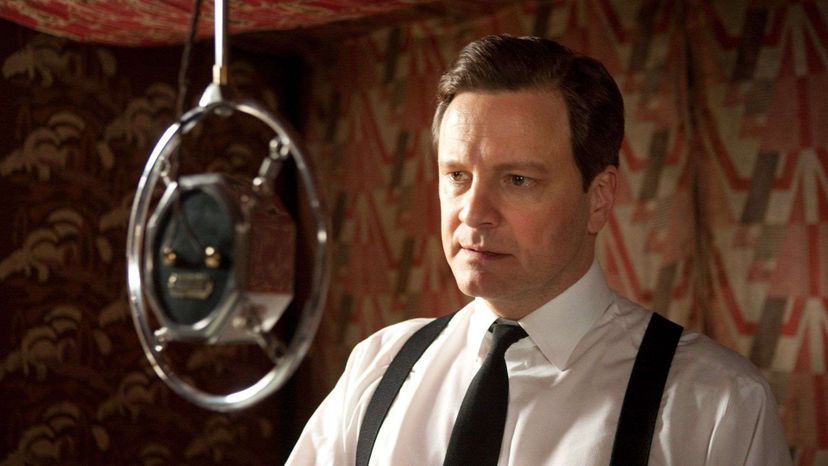
"The King's Speech" is about the relationship between King George VI and his Australian speech therapist, who was employed to help the royal struggle against his natural tendency to stammer. It won the Oscar for Best Picture.
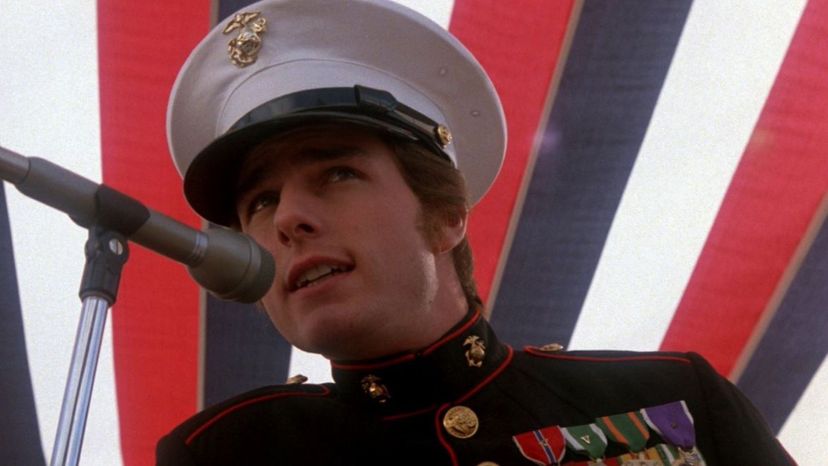
"Born on the Fourth of July" is the film version of the autobiography of Ron Kovic, a Vietnam War veteran who came home paralyzed and undertook the difficult decision to become a peace activist. The main character was played by a young Tom Cruise.
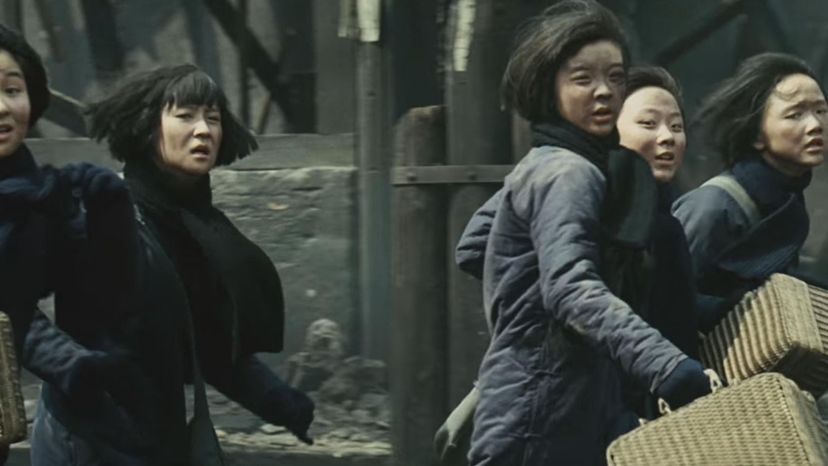
"The Flowers of War" is a retelling of the period of the Nanking Massacre- the time when the Japanese army inflicted countless atrocities on that ancient city during its invasion in 1937. It features Christian Bale, but the focus is on a group of Chinese schoolgirls who desperately struggle to survive the horror of the occupation.
Advertisement
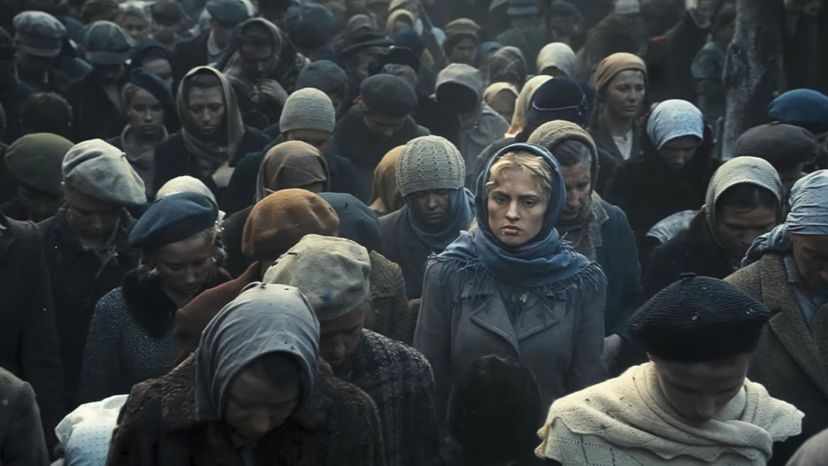
"Stalingrad" is a film about the monumental battle of the same name, an apocalyptic cauldron of a battle that cost almost 2 million total casualties. In spite of this, it is a love story, focused on adding a touch of humanity to the military nightmare.
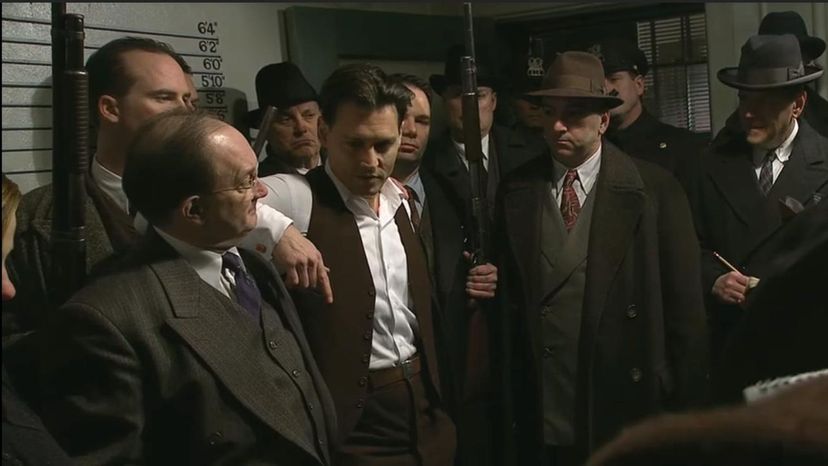
"Public Enemies" is set during the Great Depression and portrays the final days of the famous John Dillinger, bank robber and Public Enemy Number One. It stars Johnny Depp as the doomed Dillinger.
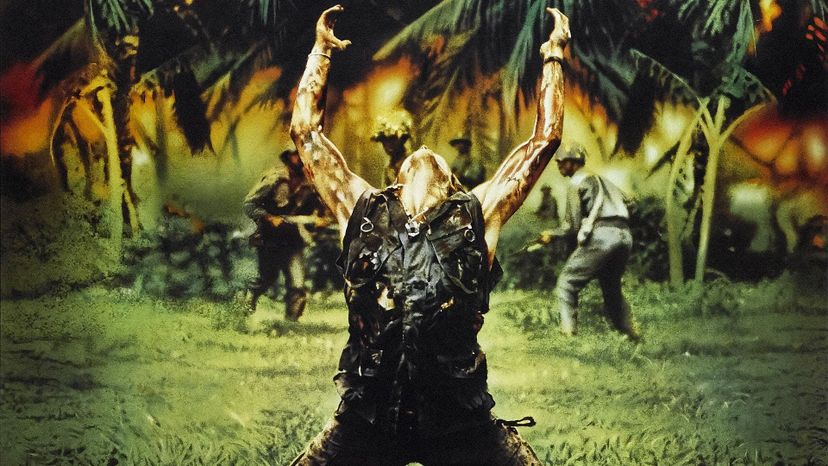
"Platoon" was written and directed by Oliver Stone. It won Academy Awards for both best picture and best director. It is an anti-war film looking at the experiences of a particular platoon in Vietnam, near the border with Cambodia. It is a story filled with chaos, treachery, and madness, meant to display the nightmarish nature of war.
Advertisement
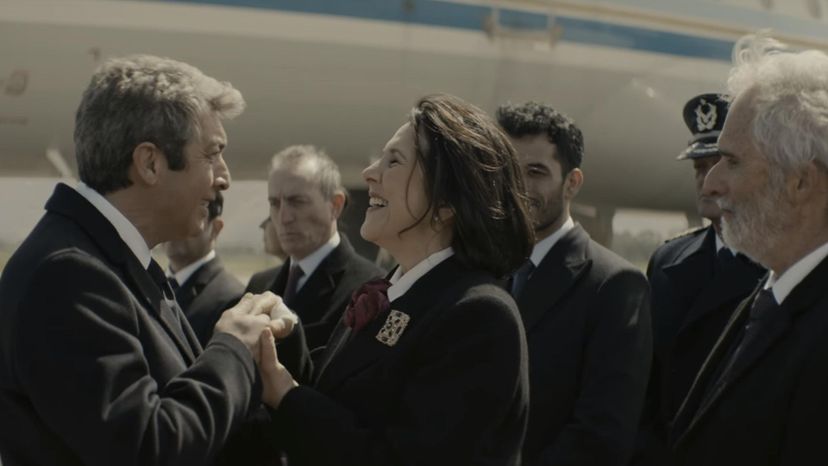
"El Presidente" is the story of the first President of the Philippines Republic, Emilio Aguinaldo. He fought a bloody civil war against the Spanish, only to have his supposed American allies turn on him and occupy the country after the war ended
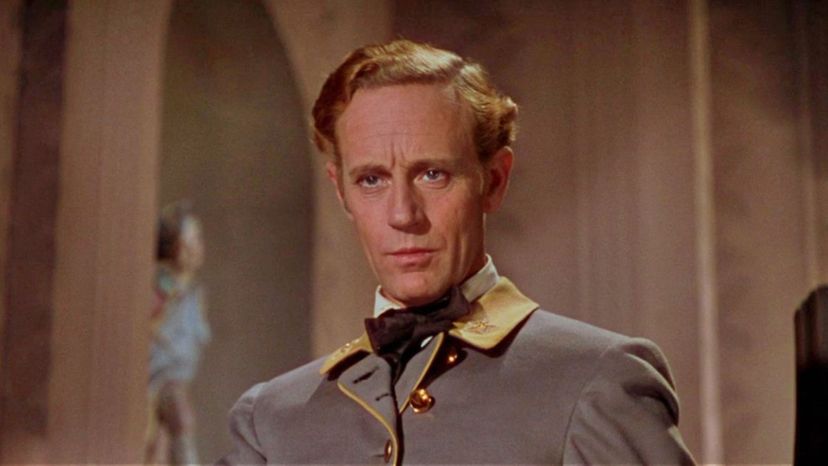
"Gone With the Wind" is described as an "epic historical romance," and the phrase fits it perfectly. It follows Scarlett O'Hara and her life from the Civil War period up through Reconstruction. It received 10 Academy Awards.
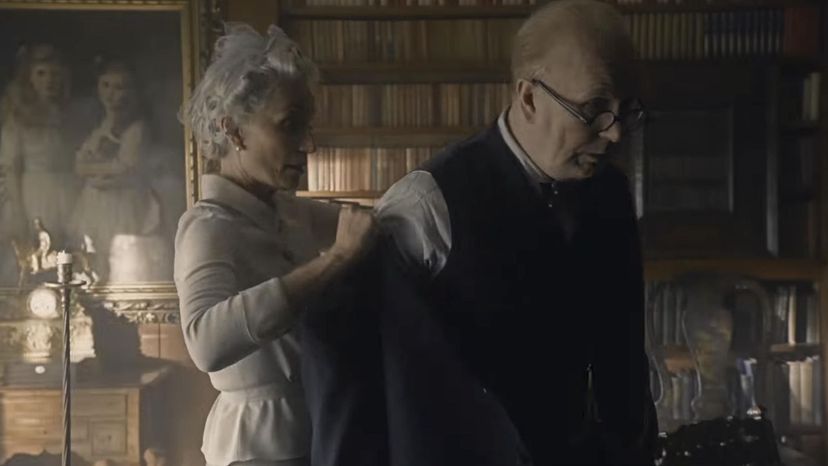
"Darkest Hour" shows Winston Churchill upon his ascension to Prime Minister of the United Kingdom. Gary Oldman plays the English leader from his election through the devastating defeat in France and the stunning success of Operation Dynamo at Dunkirk.
Advertisement
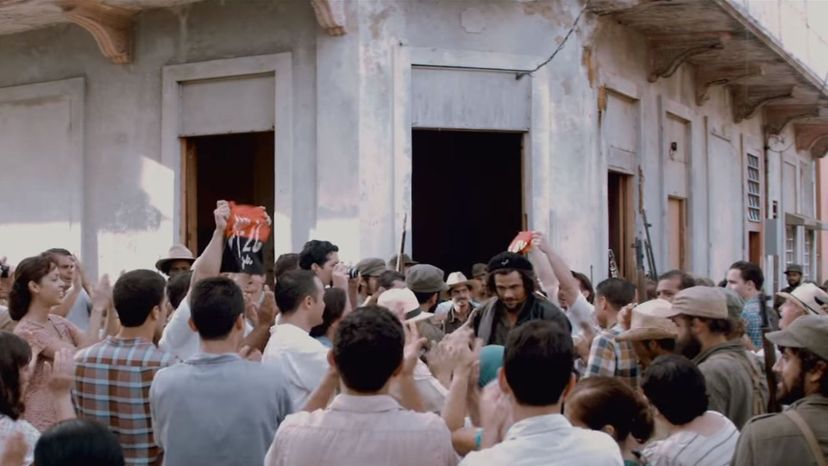
"Che" is a 2-part film about the life of the famed Argentine revolutionary. It stars Benicio del Toro. The films are focused on his military career, focusing at first on the revolution in Cuba and in the second film, his failure and subsequent death in Bolivia. The films cost $58 million to make.
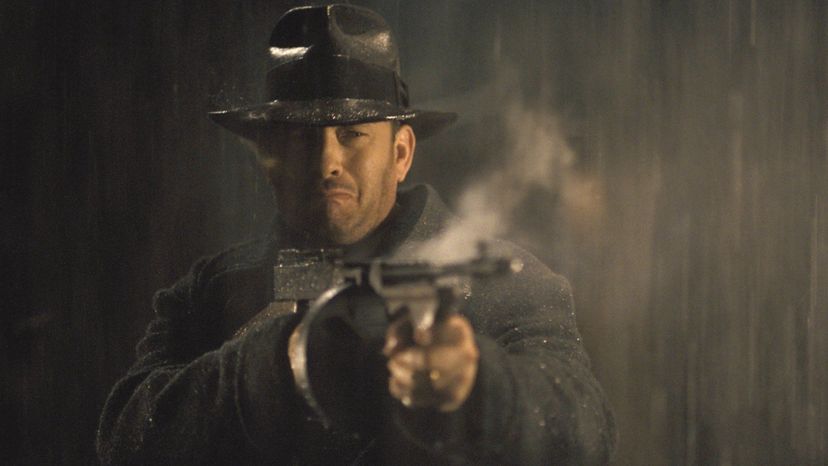
"Road to Perdition" is set in the Depression era. It's a mob film about a gangster and his son who strike out for vengeance against the criminals who murdered the rest of their family. The film's creator was inspired by the Japanese manga, "Lone Wolf and Cub," which has a similar story.
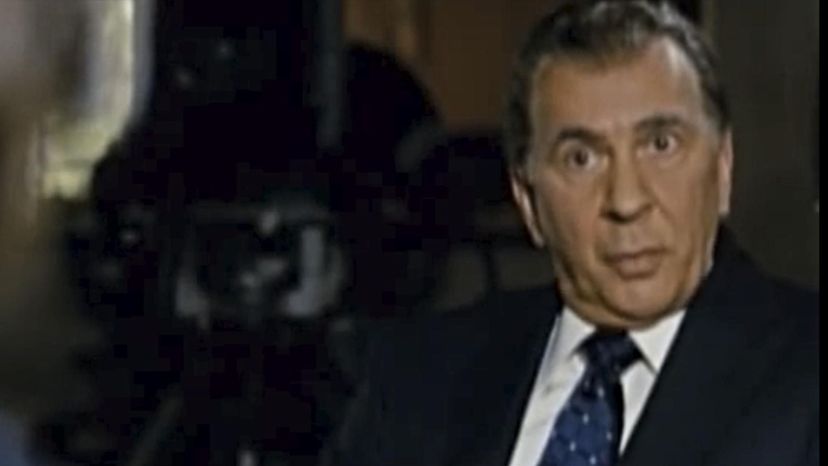
"Nixon" is a biopic on the controversial president of the same name, directed by Oliver Stone and starring Anthony Hopkins. It is self described as an attempt at a dispassionate view of Nixon's presidency, based on an admittedly incomplete historical record.
Advertisement
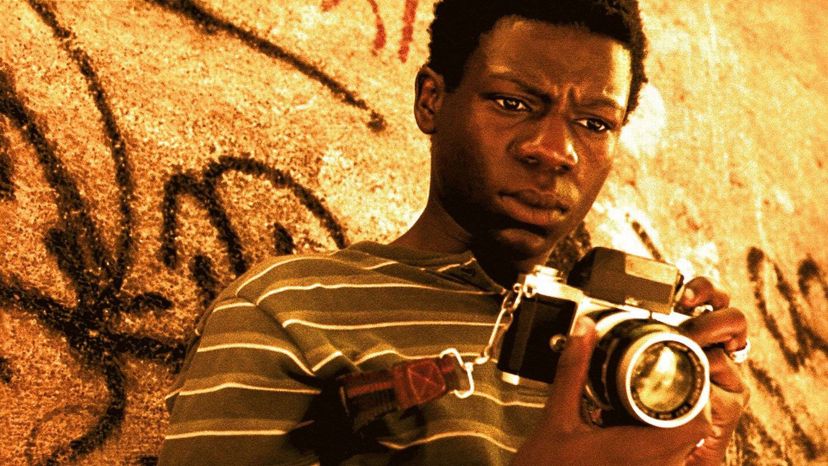
"City of God" is a film about the rise of the criminal underworld in Rio de Janeiro. It was nominated for four Academy Awards, and praised for having many roles played by the actual inhabitants of the favelas pictured in the film.
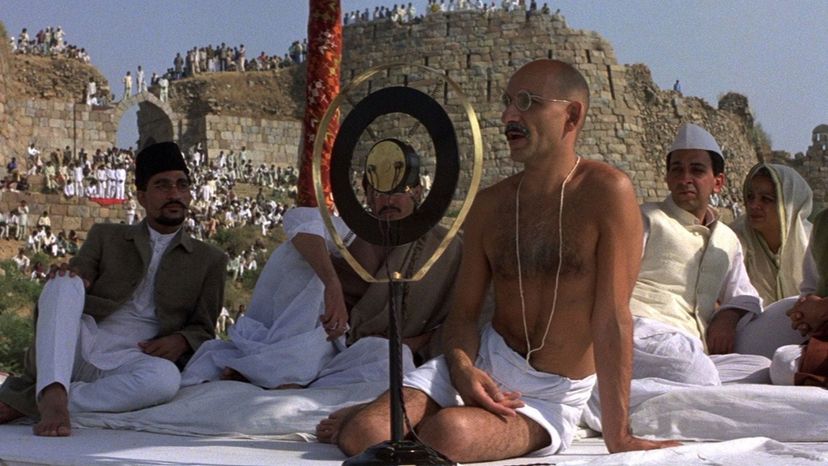
"Gandhi" is a film detailing the life of Mohandes Gandhi, founder of the Indian state, from his formative years all the way up to his assassination in 1948. It stars Ben Kingsley as the spiritual leader and was directed by Richard Attenborough.
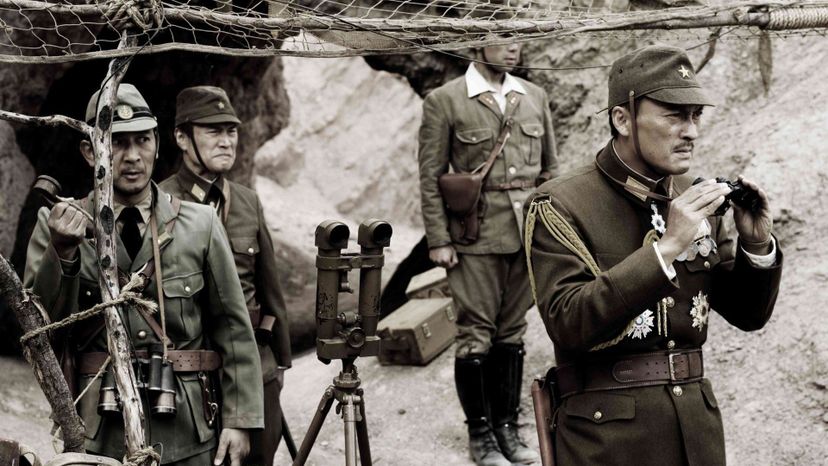
"Letters from Iwo Jima" is about the Battle of Iwo Jima from the perspective of the Japanese soldiers. Gradually driven into the mountainous region of the island, the Japanese defenders prepare to fight to the death against impossible odds.
Advertisement
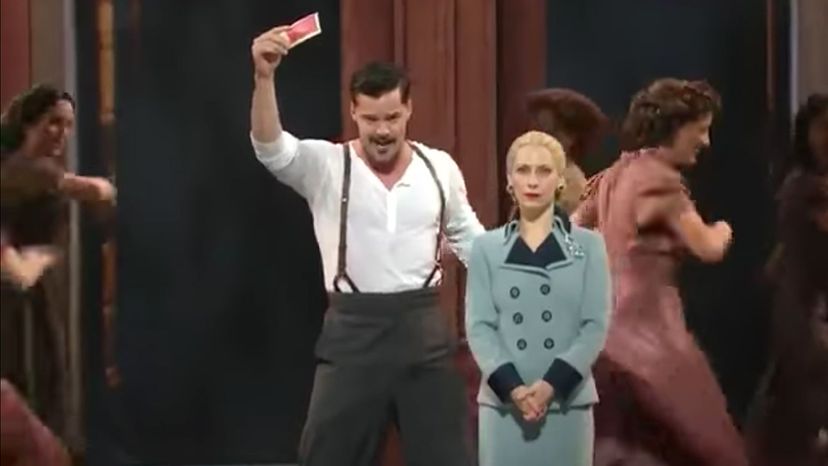
"Evita" is a musical film about the life of Eva Peron, first lady of Argentina. It starred Antonio Banderas and Madonna as the titular Evita, the latter being a loving nickname bestowed upon her by her people.
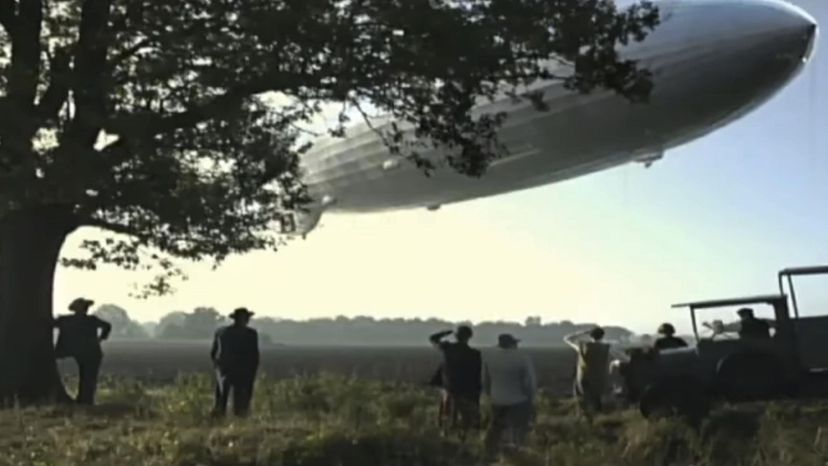
"The Hindenburg" is a film based on the premise that the explosion that destroyed the airship was actually an act of anti-Nazi sabotage. While this theory had been advanced earlier, there exists no particular evidence to support it in real life.
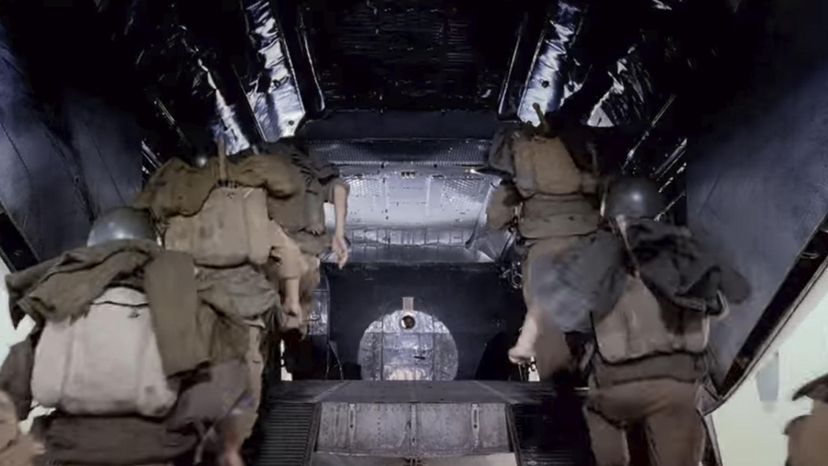
"The 9th Company" is about the experience of young Soviet soldiers during the War in Afghanistan. Considered "Russia's Vietnam," the Afghani war took a vicious toll on the Soviet soldiers, as shown here in their battles with the Mujahideen.
Advertisement
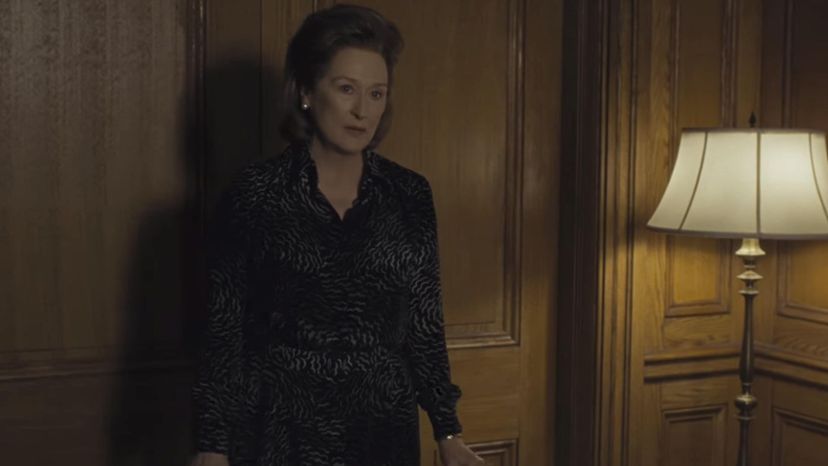
"The Post" s a film about the role of the Washington Post in publishing The Pentagon Papers, the latter being information about the United States's intervention in Vietnam prior to what we think of as the Vietnam War. It was directed by Steven Spielberg and starred Meryl Streep and Tom Hanks.
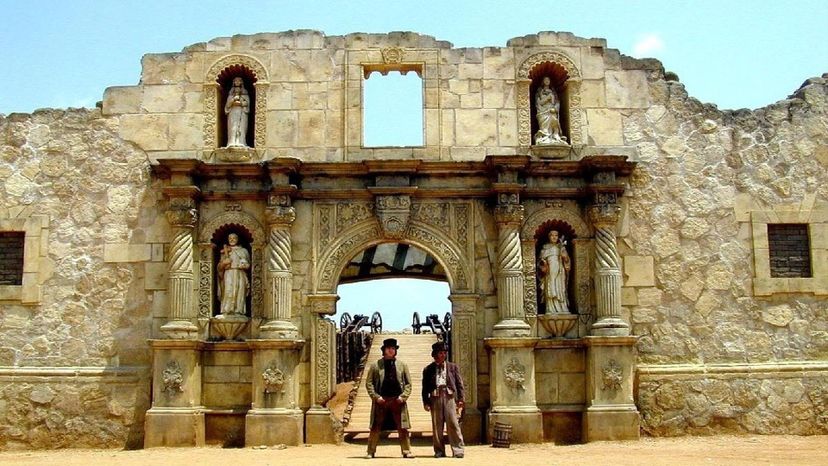
"The Alamo" is an attempt to show the Battle for the Alamo from both Texan and Mexican perspectives, and features Santa Anna in a significant role. This is in contrast to the earlier "Hollywood" version starring John Wayne, where it is seen unambiguously from the American side.
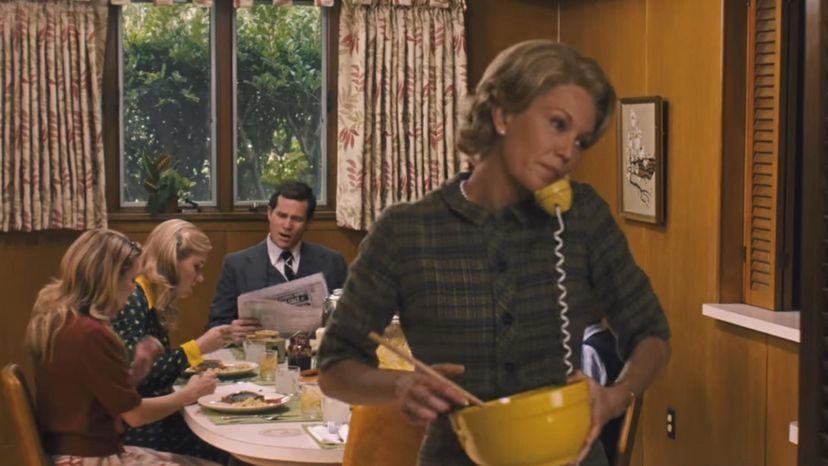
"Secretariat" is a film about the life of the triple crown winning horse of the same name. When the lead of your film is an actual horse, it's always a good idea to have brilliant actress Diane Lane on your payroll as well.
Advertisement
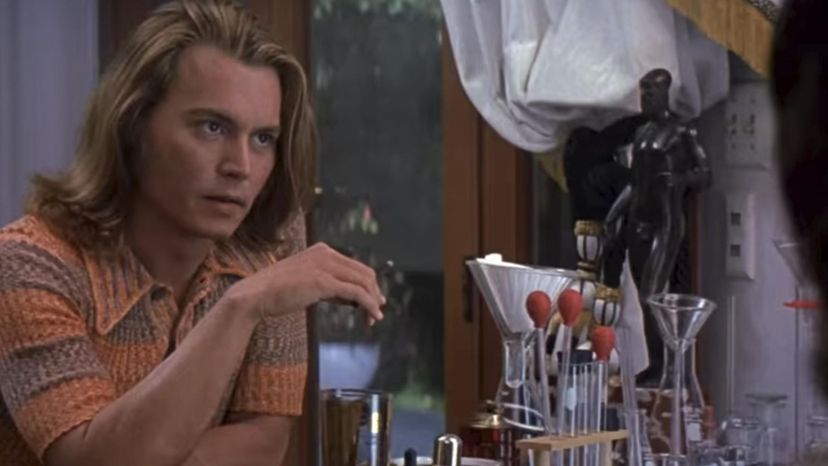
"Blow," starring Johnny Depp, is a book about cocaine smuggler George Jung and the role he played in the Medellín Cartel. Some critics have focused on how the narrative is so concerned with Jung and his victories and tribulations, while never touching on the lives of the addicts he harmed.
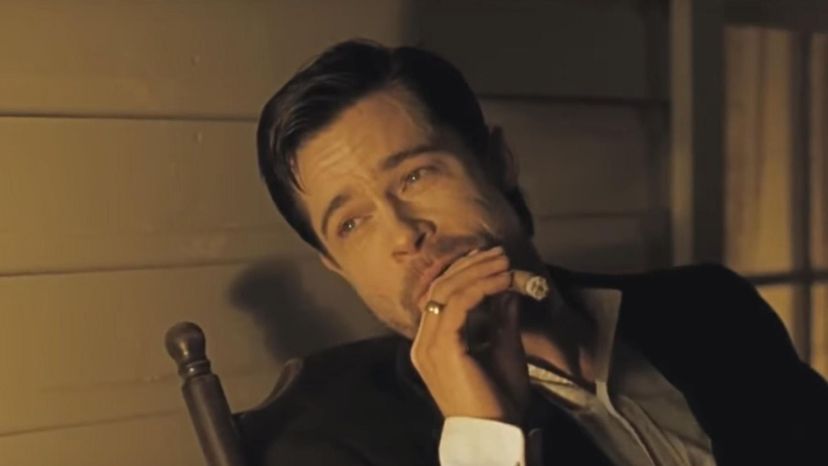
"The Assassination of Jesse James by the Coward Robert Ford," starring Brad Pitt and Casey Affleck, is about the final days of the famous outlaw and the man who betrayed and killed him. In case you're wondering, Brad Pitt had it written into his contract that the name of the film was not allowed to be changed, so they had to stick with it!
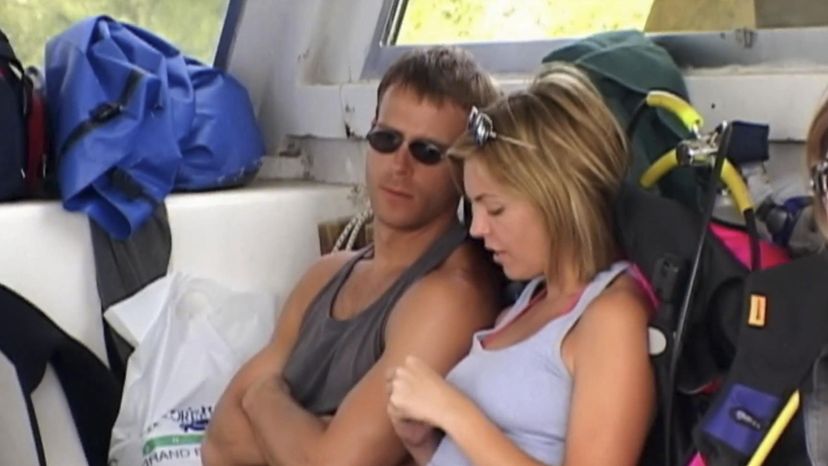
"Open Water" is based on the story of Tom and Eileen Lonergan, who were accidentally abandoned by their tour boat in shark-infested waters. The film was a financial and critical success, made particularly impressive given the simplicity of its setting.
Advertisement
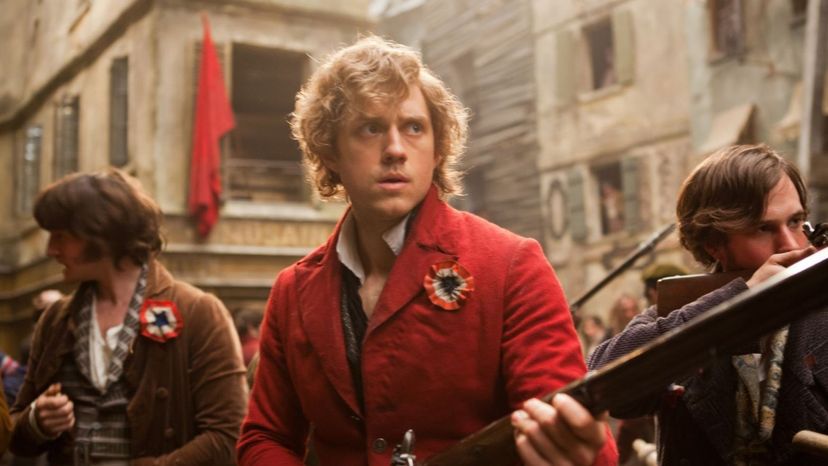
"Les Misérables" is based on the book by novelist Victor Hugo, but is also a musical film connected to the popular Broadway show. It tried to gain popular attention through having major stars take the leading roles.
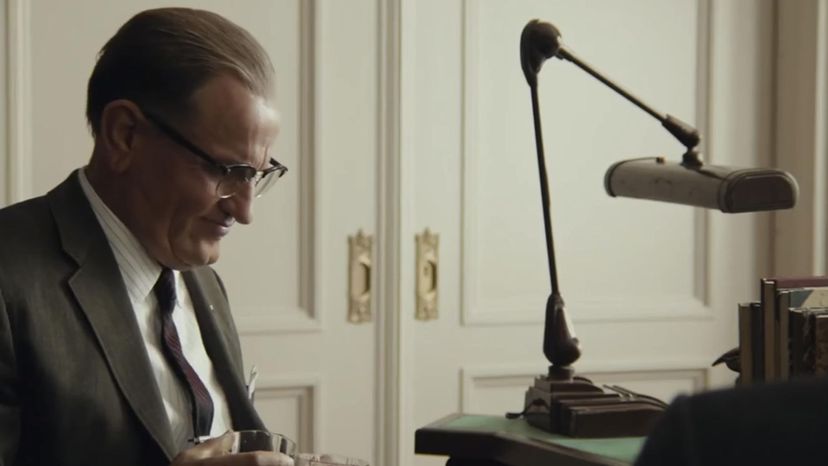
"LBJ" is a film about ill-starred President Lyndon Johnson, starring Woody Harrelson as the titular politician. It received mixed review, seen as (unlike the man himself) lacking ambition and being "frustratingly ordinary."
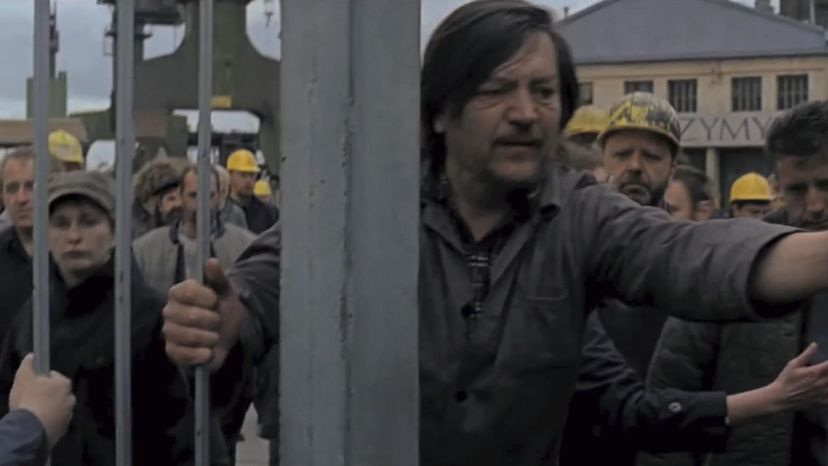
"Walesa: Man of Hope" is a biopic based on the political life of Lech Wałęsa, who rose to the leadership of the dock workers' Solidarity movement that eventually forced the Soviet Union from Poland. The film does not exactly lionize him, however, ending on a somewhat ambiguous note regarding his personal contributions.
Advertisement
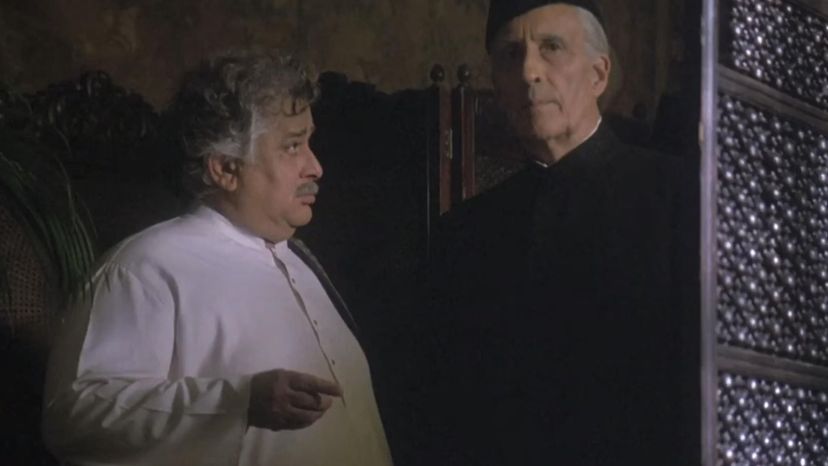
"Jinnah" is a biographical film about the life of Muhammad Ali Jinnah, the man who founded Pakistan. It stars Christopher Lee as the legendary Jinnah, in a role that Lee felt was the best performance he ever delivered.
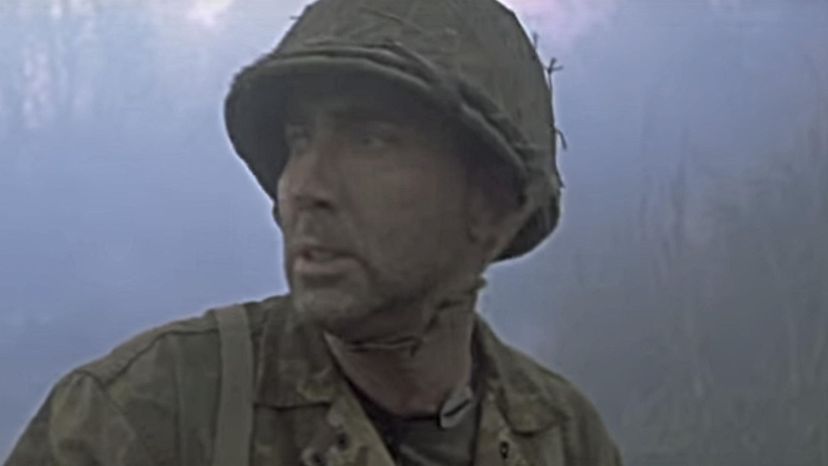
"Windtalkers," directed by John Woo and starring Nicholas Cage and Adam Beach, is the story of the Navajo codespeakers who used their native tongue as a code during the U.S. War in the Pacific. The Japanese were baffled by the speech, and unable to decipher it.
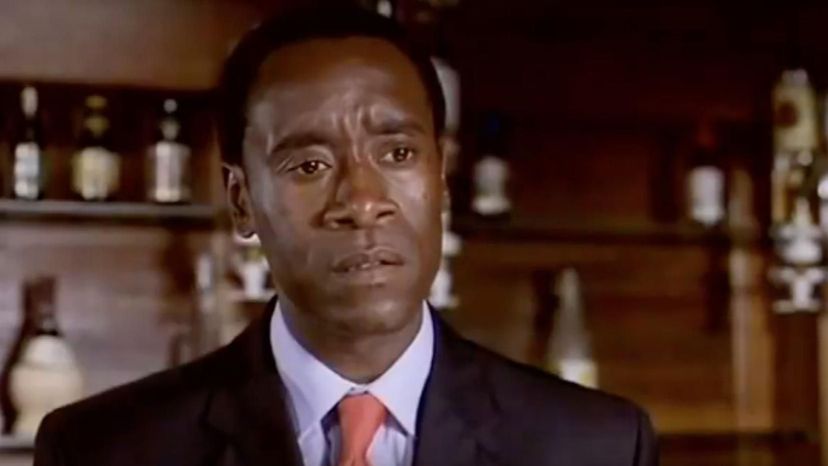
"Hotel Rwanda" is a film that takes place during the horror of the Rwandan genocide. It refers to a hotel whose proprietor, Paul Rusesabagina, along with his wife, Tatiana, desperately shielded refugees. It has been referred to as an African Schindler's List.
Advertisement
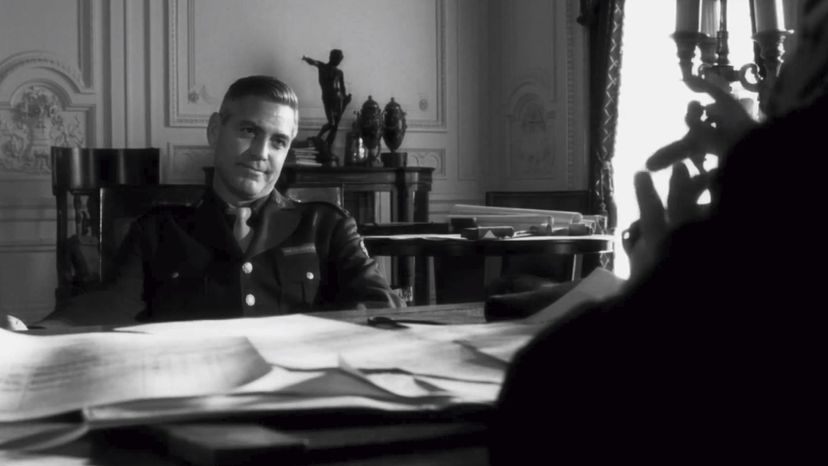
"The Good German" is nominally a fictional story, but the backdrop for its fiction, Project Paperclip, was quite real. The film examines the issue of the U.S. government's decision to harbor and employ German scientists who engaged in atrocities if they could potentially provide useful knowledge to the U.S. government.
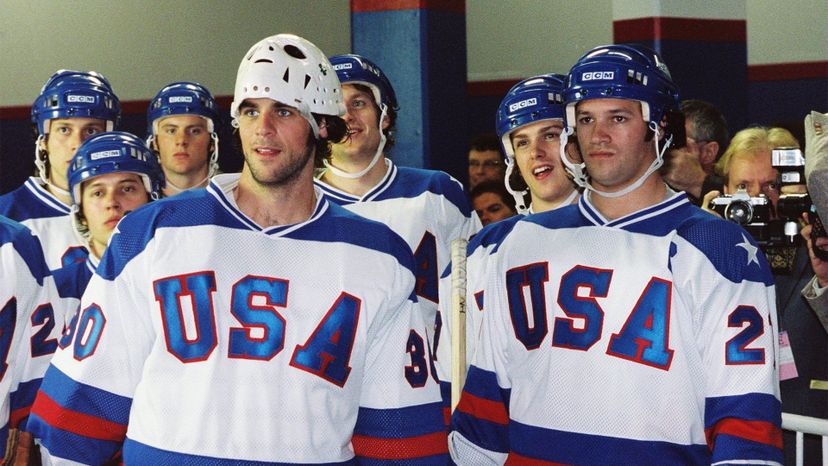
"Miracle" is a sports film that, while somewhat fictional, is nonetheless about the very real victory of the U.S. Hockey Team in the 1980 Winter Olympics, a victory so improbable that it was described as the "Miracle on Ice."
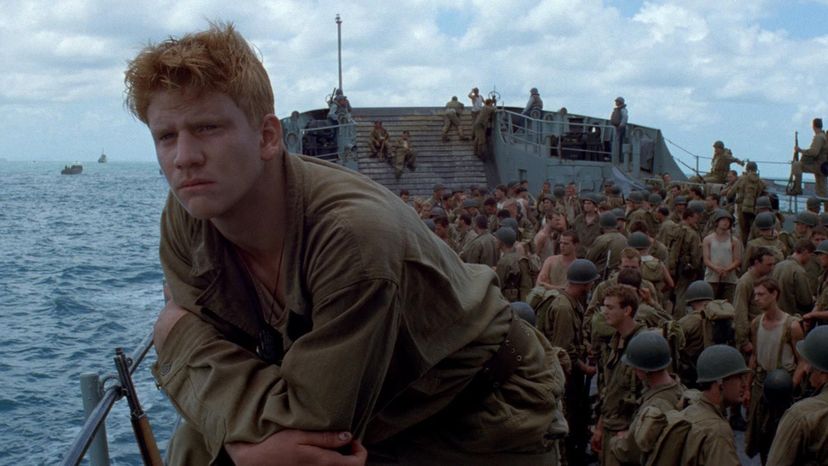
"The Thin Red Line" is a film focusing on one part of the Battle of Guadalcanal in the Second World War. It stars Sean Penn, Jim Caviezel, Nick Nolte, Elias Koteas and Ben Chaplin, and is well regarded for having a surreal, schizophrenic quality that emphasizes the maddening nature of war.
Advertisement
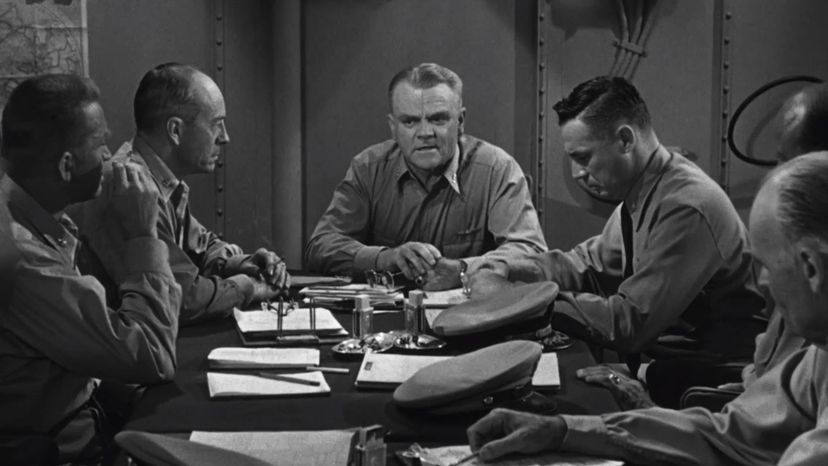
"The Gallant Hours," starring James Cagney, was a retelling of the story of the WWII Pacific clash between Irosoku Yamamoto and Admiral Halsey. Focusing on Halsey, it follows him from when he assumed command up until the pivotal battle of Guadalcanal.
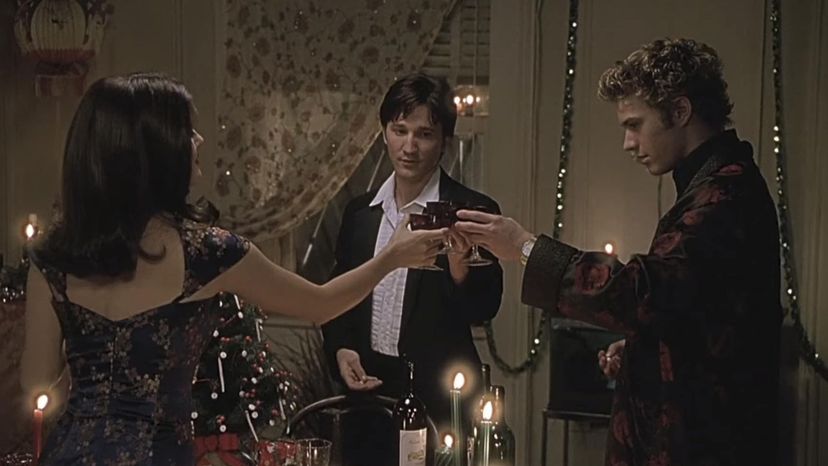
"54" is a fiction film meant to chart the rise and fall of the famous Studio 54 in New York City. It was written and directed by Mark Christopher and stars Ryan Phillippe, Salma Hayek, Neve Campbell, and Mike Myers.
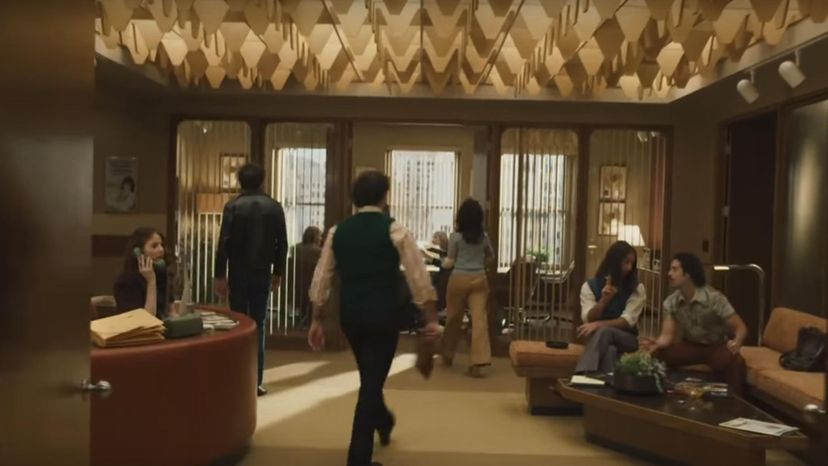
"Vinyl" is a film written and directed by Sarah Sugarman. It is based on the unusual history of Mike Peters and The Alarm, wherein they tried to break back into the musical big time by creating a fictitious band.
Advertisement
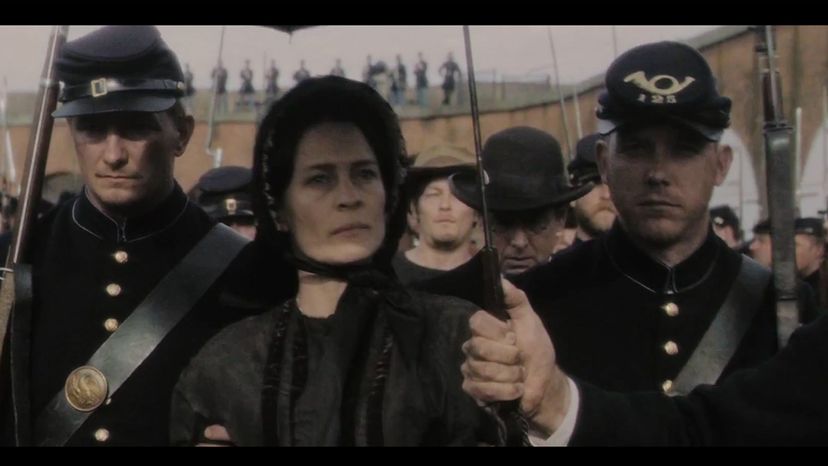
"The Conspirator" is a film about the capture, trial and subsequent execution of Mary Surratt, who was accused of being a conspirator in the group who assassinated Abraham Lincoln. The 2010 film was directed by Robert Redford.

"Haber" is the story of Shimon Haber, the father of both synthetic fertilizers and chemical warfare. The film focuses on how his Jewish origins clash with his desire to be seen as a true German, and how the invention of chemical weapons was born out of his desire for acceptance.
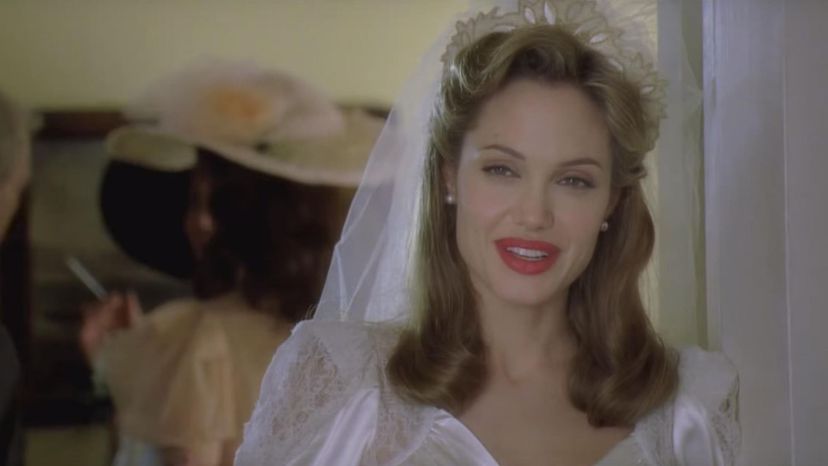
"The Good Shepherd" features Robert De Niro and Matt Damon and is a loosely historical film depicting the origins of the American CIA and its attendant global reach. Starting in WWII, it shows many U.S. counterintelligence operations, and concludes with the Bay of Pigs invasion.
Advertisement
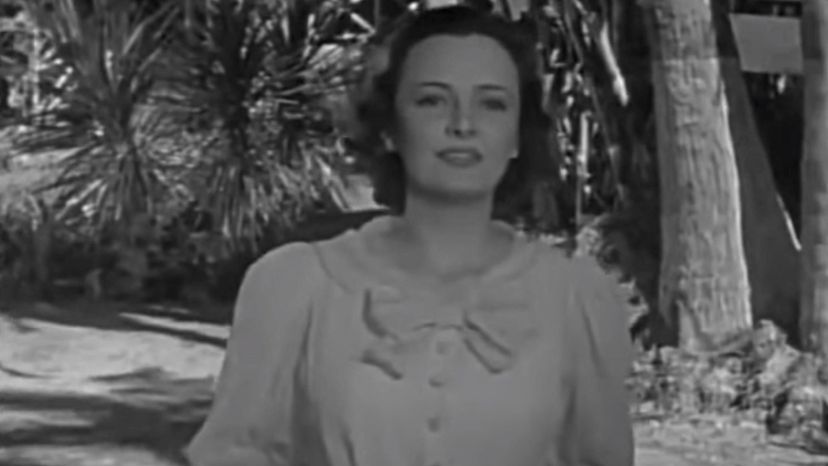
"The Real Glory" is about the American role in suppressing the Muslim rebellions in the Philippines. It is controversial for featuring a scene where a Muslim prisoner is threatened with burial in a pig's skin.